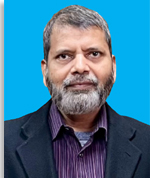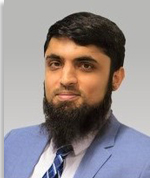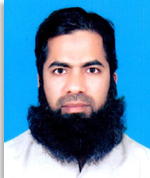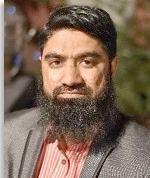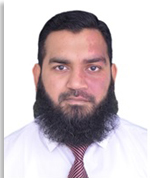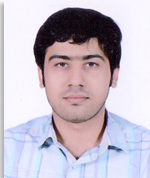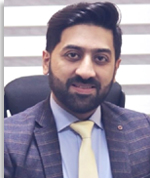Vision
Institute of Metallurgy and Materials Engineering will be a leading and dynamic seat of learning for quality education, research, innovation, and entrepreneurship. |
Mission
The mission of the IMME is to provide a conducive environment for academics and research and to produce groomed and professionally sound individuals equipped with adequate knowledge and practical skills through quality education in the field of Metallurgy and Materials Engineering to contribute effectively in industry and research sector for the betterment of society. |
| Program Educational Objectives (PEOs) |
1. PEO 1
Students/Graduates are able to utilize their engineering knowledge and managerial skills to solve the challenging problems in industry and research sector |
2. PEO 2
Students/Graduates are able to enhance their engineering knowledge through continuous professional and personal development by learning modern engineering tools, techniques and practicing their applications in the context of social and environmental challenges. |
3. PEO 3
Students/Graduates are capable of contributing positively in society through practicing professional ethical values and communication skills. |
| Program Learning Outcomes (PLOs) |
1. Engineering Knowledge
An ability to apply knowledge of mathematics, science, engineering fundamentals and an engineering specialization to the solution of complex engineering problems. |
2. Problem Analysis
An ability to identify, formulate, research literature, and analyze complex engineering problems reaching substantiated conclusions using first principles of mathematics, natural sciences and engineering sciences. |
3. Design / Development of Solutions
An ability to design solutions for complex engineering problems and design systems, components or processes that meet specified needs with appropriate consideration for public health and safety, cultural, societal, and environmental considerations. |
4. Investigation
An ability to investigate complex engineering problems in a methodical way including literature survey, design and conduct of experiments, analysis and interpretation of experimental data, and synthesis of information to derive valid conclusions. |
5. Modern Tool Usage
An ability to create, select and apply appropriate techniques, resources, and modern engineering and IT tools, including prediction and modelling, to complex engineering activities, with an understanding of the limitations. |
6. The Engineer and Society
An ability to apply reasoning informed by contextual knowledge to assess societal, health, safety, legal and cultural issues and the consequent responsibilities relevant to professional engineering practice and solution to complex engineering problems. |
7. Environment and Sustainability
An ability to understand the impact of professional engineering solutions in societal and environmental contexts and demonstrate knowledge of and need for sustainable development. |
8. Ethics
Apply ethical principles and commit to professional ethics and responsibilities and norms of engineering practice |
9. Individual and Teamwork
An ability to work effectively, as an individual or in a team, on multifaceted and /or multidisciplinary settings. |
10. Communication
An ability to communicate effectively, orally as well as in writing, on complex engineering activities with the engineering community and with society at large, such as being able to comprehend and write effective reports and design documentation, make effective presentations, and give and receive clear instructions. |
11. Project Management
An ability to demonstrate management skills and apply engineering principles to one’s own work, as a member and/or leader in a team, to manage projects in a multidisciplinary environment. |
12. Lifelong Learning
An ability to recognize importance of and pursue lifelong learning in the broader context of innovation and technological developments. |






